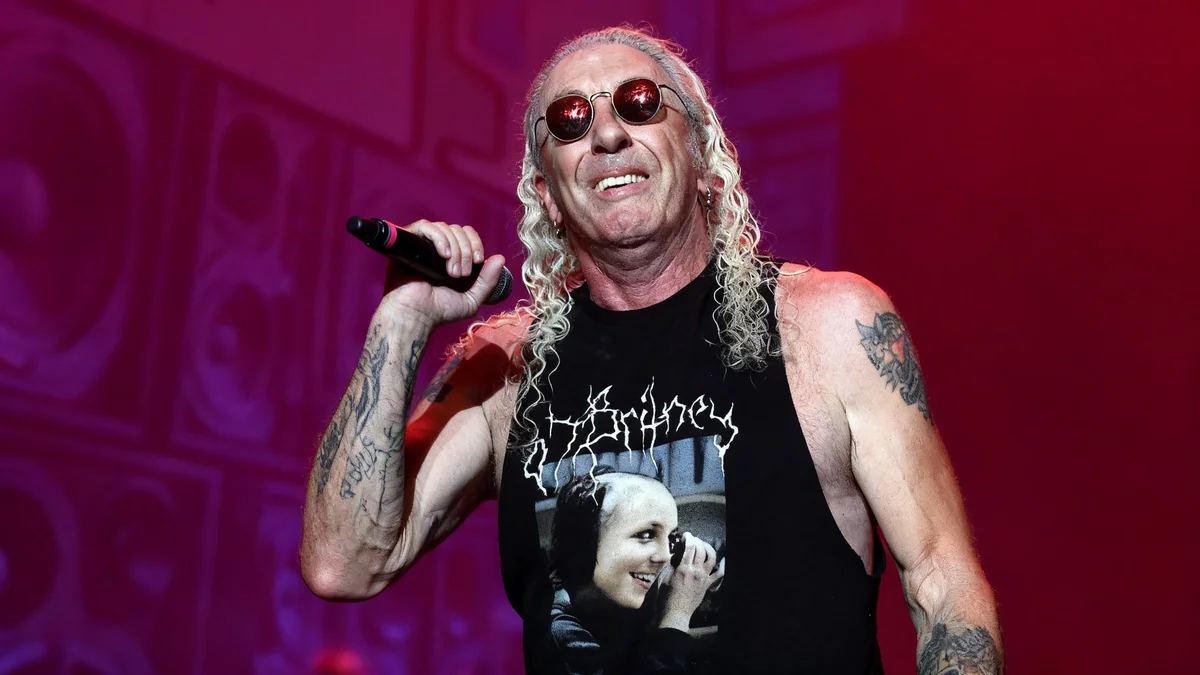Rapper Lil Tjay recently explained his ongoing issues with streamer Kai Cenat in a series of social media videos. The dispute also involves other individuals associated with Cenat, which fans believe refers to fellow artist A Boogie wit da Hoodie. This public disagreement follows previous criticisms Tjay made against Cenat and Adin Ross.
Key Takeaways
- Lil Tjay voiced his grievances with Kai Cenat in recent social media posts.
- The rapper also expressed issues with Cenat's associates, potentially A Boogie wit da Hoodie.
- This is not the first time Tjay has publicly criticized Cenat and fellow streamer Adin Ross.
- Previous accusations included labeling the streamers as "culture vultures."
- Kai Cenat responded to the initial criticisms by expressing confusion and disappointment.
Lil Tjay Explains Recent Criticisms
Over the weekend, Lil Tjay, whose real name is Tione Jayden Merritt, posted multiple videos on social media platforms. In these videos, he detailed his reasons for having a problem with popular streamer Kai Cenat. Tjay’s statements were direct, aiming to clarify his position to his audience and the public. His comments quickly gained traction, sparking discussions among fans and media.
During his explanation, Tjay also mentioned his disapproval of individuals Cenat associates with. While he did not explicitly name anyone, many social media users interpreted these remarks as a reference to rapper A Boogie wit da Hoodie. This interpretation stems from the known connections between the artists and streamers.
In one of the videos, Tjay added a lighter, joking tone to his explanation. He suggested that Cenat might be upset over a personal relationship. "I figured it out. N***a probably just mad about his b*tch," Tjay stated, adding a layer of speculation to the public conflict.
"I figured it out. N***a probably just mad about his b*tch."
— Lil Tjay
Public Reaction to Tjay's Comments
The videos were widely shared across social media. DJ Akademiks, a prominent media personality, reposted Tjay's explanation on his Instagram account. This amplified the reach of Tjay's statements, leading to a wave of reactions from fans in the comments section.
Reactions were varied, showing a clear division among social media users. Some commenters questioned Tjay's decision to engage in public disputes with streamers. "He don't find it embarrassing he beefing with streamers that don't gaf bout him?" one user wrote, expressing a common sentiment that the conflict seemed one-sided.
Another user echoed this view, focusing on the nature of the disagreement. "Man worried about who another man cool with is the corniest shi ever," they commented. These responses indicate that many fans found the public feud unnecessary or even trivial, especially given the different professional circles of a rapper and a streamer.
Fact Check
- Lil Tjay has over 7 million followers on Instagram.
- Kai Cenat has over 10 million followers on Twitch.
- The online interaction between musicians and streamers often generates significant public discussion.
Previous Encounters and "Culture Vulture" Accusations
This recent exchange is not the first instance of Lil Tjay publicly criticizing Kai Cenat. Last year, Tjay openly labeled Cenat and fellow streamer Adin Ross as "culture vultures." This accusation stemmed from the streamers' practice of featuring hip-hop artists on their live streams.
According to Tjay, this practice exploited hip-hop culture for personal gain without fully understanding or respecting its roots. He specifically targeted Cenat and Ross for what he perceived as a superficial engagement with the genre and its artists.
At the time, Tjay shared a clip of Cenat streaming with rapper Kodak Black. He accompanied the clip with a strong caption. "I fake hate this kid," Tjay wrote, adding, "Him and [Adin] the biggest d riders in life." This highlighted his deep-seated disapproval of their streaming methods and interactions with musical artists.
Elaborating on the Accusations
As reported by Vibe, Lil Tjay further expanded on his criticisms in a video post following the initial incident. He recounted a previous conversation with Adin Ross. "I told Adin he a culture vulture, he told me I’m on percs. I don’t take percs, don’t take drugs," Tjay stated, denying Ross's claim about drug use.
Tjay then linked Ross's comment to a racial stereotype. "F**kin’ racist ni**a. I look like I take percs because I’m Black, right? I know," he asserted. This added a serious dimension to the conflict, moving beyond artistic differences to accusations of racial insensitivity.
Turning his attention back to Kai Cenat, Tjay also defended the behavior of other rappers. He suggested that Cenat misinterprets how artists in the hip-hop community sometimes act. "Stop looking at Yak like he a weirdo. No, sometimes that’s how rappers act. In our society, that’s how we act," Tjay explained, implying that Cenat lacked understanding of the culture he was engaging with.
Background on Culture Vultures
The term "culture vulture" is often used to describe individuals who profit from or appropriate aspects of a culture, particularly minority cultures, without proper respect, understanding, or compensation. In hip-hop, this often refers to outsiders who seemingly exploit the genre's popularity or artists for financial gain or increased visibility.
Kai Cenat's Response to Initial Criticisms
Following Lil Tjay's initial "culture vulture" accusations, Kai Cenat addressed the comments directly during one of his live streams. Cenat expressed genuine confusion and disappointment regarding Tjay's public statements. He indicated that he felt unfairly targeted and dragged into a conflict he did not initiate.
"I genuinely be minding my business then someway, somehow, I get dragged into somewhere every single time," Cenat said. His statement reflected a sense of frustration at being involved in public controversies without clear provocation on his part. He emphasized his desire to focus on his own content and community.
Cenat speculated about the timing of Tjay's remarks, suggesting a possible motive behind the criticism. "I’mma just go ahead and think that a song or an album or something is about to drop," he hypothesized, implying that Tjay's comments might be a promotional tactic to generate buzz for upcoming projects.
Personal Connection and Disappointment
Kai Cenat also highlighted a personal aspect of their relationship, or lack thereof, which made Tjay's public attack more surprising. "Tjay, it’s unfortunate that you didn’t even like text me or nothing," Cenat stated, indicating a preference for direct communication over public accusations.
He further expressed his confusion, noting that he did not recall any prior issues between them. "I don’t even remember you having a problem with me so you saying that was like ‘Damn, ni**a’," Cenat explained. This suggests that from his perspective, the animosity came as a shock.
Cenat also pointed out a shared background, which he believed should have fostered a different kind of interaction. "We from the same borough," he concluded, referencing their common origins as a reason for mutual respect or direct communication, rather than a public feud.
The Rise of Streamer Influence
Live streamers like Kai Cenat and Adin Ross have become significant figures in entertainment. Their platforms often draw millions of viewers, offering a new avenue for artists to connect with audiences. This intersection of traditional music and digital streaming has created new dynamics, sometimes leading to collaborations and other times to conflicts, as seen in this case.
The Impact of Online Disputes
Online disputes between public figures, whether musicians or streamers, often have a considerable impact. They generate significant engagement, with fans on both sides actively participating in discussions, debates, and creating memes. This can lead to increased visibility for all parties involved, but also risks damaging reputations or creating lasting animosity.
The constant flow of information and quick reactions on social media mean that statements can be amplified rapidly. This makes it challenging for individuals to control the narrative once a conflict goes public. The ongoing situation between Lil Tjay and Kai Cenat exemplifies how quickly personal disagreements can become widespread public spectacles in the digital age.
As the entertainment landscape evolves, the lines between traditional celebrity and online personality continue to blur. Interactions and conflicts between these groups are becoming more common, shaping how audiences perceive and engage with their favorite artists and content creators. This incident underscores the complexities of navigating public personas in a highly connected world.




